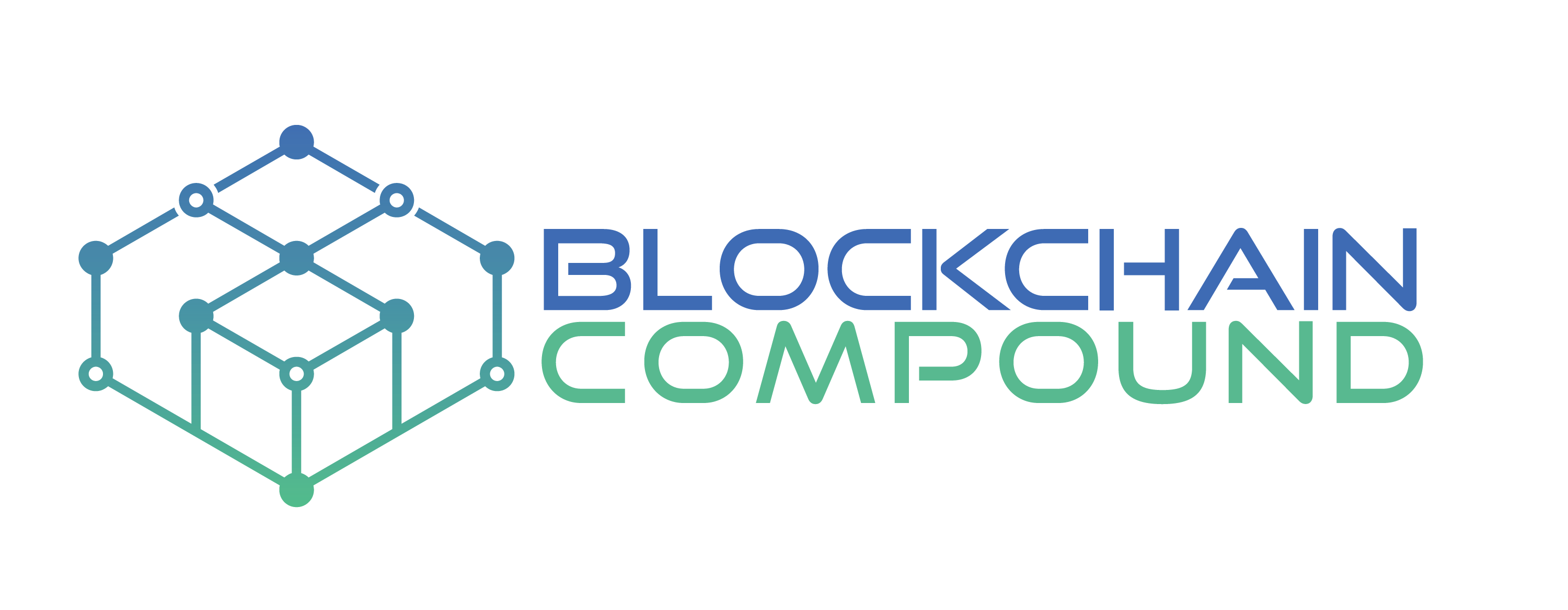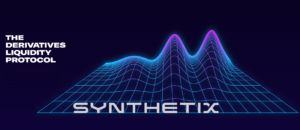In theory anyone can build a blockchain…
Blockchain technology is based on open-source software, which means that the code is publicly available and can be modified and distributed by anyone. To create your own blockchain, you would need to have a basic understanding of programming and a good understanding of the underlying principles of blockchain technology.
There are several open-source blockchain platforms, such as Ethereum, EOS, and Hyperledger, that allow developers to create their own decentralized applications (dApps) on top of them. These platforms provide the necessary infrastructure, such as consensus algorithms and smart contract functionality, to create and deploy your own blockchain.
Additionally, there are also development frameworks, such as Truffle and Embark, that can help you quickly set up and deploy your own blockchain.
It’s worth noting that creating a new blockchain is not a trivial task and requires a significant amount of technical knowledge and resources. Building a public blockchain would require a lot of work, including creating the consensus mechanism, network infrastructure, and developing the underlying software.
Also, it’s important to take into account the scalability, security and regulatory compliance before creating a blockchain.
What are dApps?
There are many decentralized applications (dApps) built on blockchain technology, here are a few examples:
- Cryptocurrency wallets: These dApps allow users to store, send and receive various cryptocurrencies, such as Bitcoin and Ethereum. Examples include MyEtherWallet and MetaMask.
- Decentralized exchanges (DEXs): These dApps allow users to buy and sell cryptocurrencies directly with each other, without the need for a centralized intermediary. Examples include Uniswap and Kyber Network.
- Gaming dApps: These dApps are decentralized versions of popular games, such as chess, poker, and collectible card games. Examples include CryptoKitties and Axie Infinity.
- Supply chain management dApps: These dApps allow companies to track and verify the origin, movement and ownership of goods through a blockchain-based system. An example is VeChain.
- Identity verification dApps: These dApps allow users to manage and share their own personal information in a secure, decentralized way. An example is uPort.
- Social media dApps: These dApps are decentralized alternatives to popular social media platforms, such as Twitter and Facebook. An example is Steemit.
- Governance dApps: These dApps allow users to vote on and make decisions about the direction and management of a particular project or organization. An example is Aragon.
These are just a few examples of the many types of dApps that have been built on blockchain technology. As the technology continues to evolve, we can expect to see even more innovative and useful dApps in the future.



